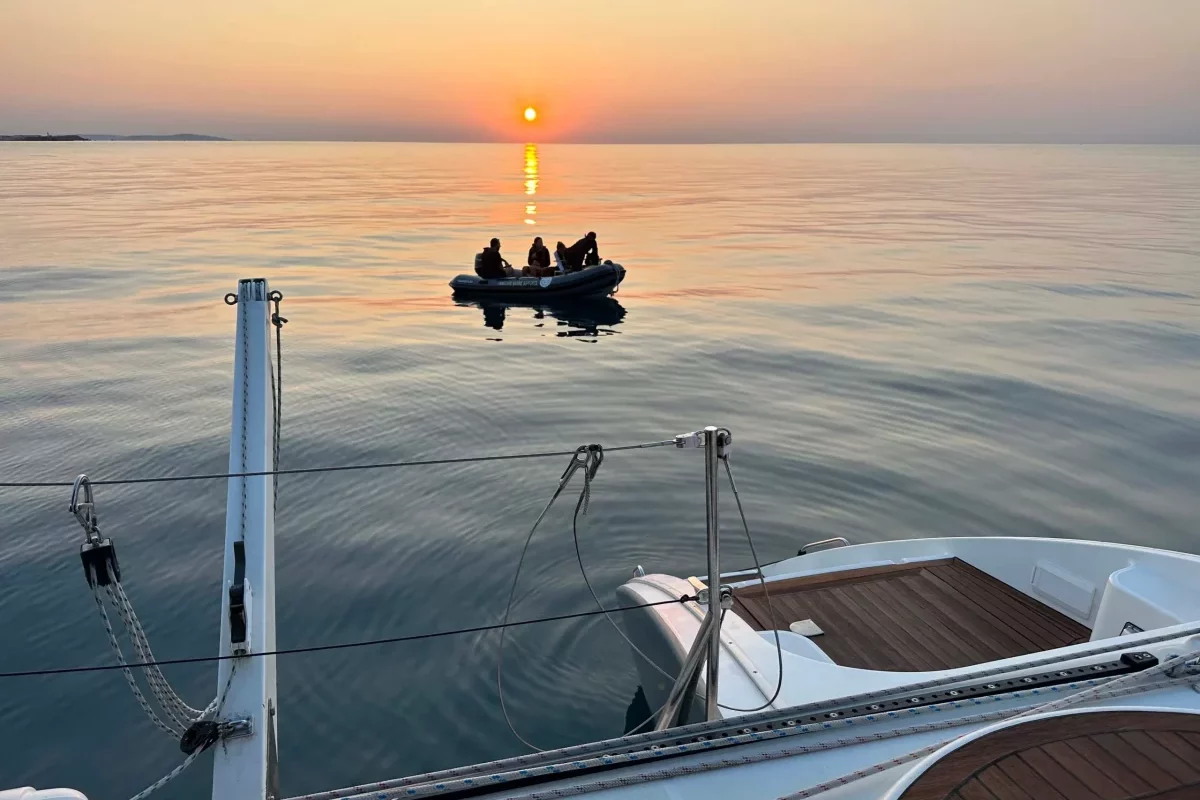The 2023 BioDivMed Mission saw a coalition of regional organisations and higher education establishments come together to track and make an inventory of all coastal marine species living in the waters off the southern French shoreline and Corsica. The results have been deemed “positive and encouraging”, but the group has also identified areas for improvement.
In line with the French government’s National Biodiversity Strategy for 2030, the 2023 BioDivMed Mission’s primary task was to create the first-ever standardised scientific inventory of marine life in a vast triangular zone that encompasses the entire French Mediterranean coast and the waters around Corsica. This area includes the Pelagos Sanctuary, a marine mammal protection zone established in 1999 through a pioneering international agreement between Monaco, France and Italy.
The initial findings from this ambitious mission have just been released. They paint a generally positive picture of the health of the coastline’s biodiversity, particularly when it comes to the wealth of fish and shellfish living in these waters.
“We are surprised and pleased to discover new remarkable habitats with high densities of threatened species, even though they are not necessarily protected sites,” says David Mouillot, one of the scientific coordinators working on the project. “This inventory is currently enabling us to draw up an initial overview and develop several biodiversity indicators. These will serve as a dashboard for local stakeholders and provide valuable decision-making aids in fighting pollution and defining new marine reserves, whether temporary or permanent.”
See more: Monaco Explorations prepares for Greek Odyssey mission
Despite the positive findings, some areas were found to be “devoid of vulnerable species”, meaning that some native species may have already disappeared from these waters.
To address this, the next mission, set to start this year and run for four years, will establish several Marine Biodiversity Sentinel Sites (MBSS) between Menton, Banyuls-sur-Mer and Corsica. These sites will be guided by the OceanoScientific eDNA Mediterranean Expedition 2024, which is being led by OceanoScientific, a Nice-based collaborator in the BioDivMed Mission.
In addition to OceanoScientific, the BioDivMed Mission was supported by various partners, including the Rhône Mediterranean Corsica Water Agency, MARBEC Joint Research Unit-University of Montpellier, the Centre d’Écologie Fonctionnelle et Évolutive de Montpellier, SPYGEN, Andromède Océanologie and the philanthropic association We Are Méditerranée.
Read related:
Monaco first in EU to ratify UN High Seas Treaty on protections outside national jurisdictions
Join the Monaco Life community – sign up for the Monaco Life newsletter, follow our Podcasts on Spotify, and check us out on Threads, Facebook, Instagram, LinkedIn and Tik Tok.
Photo credit: OceanoScientific
